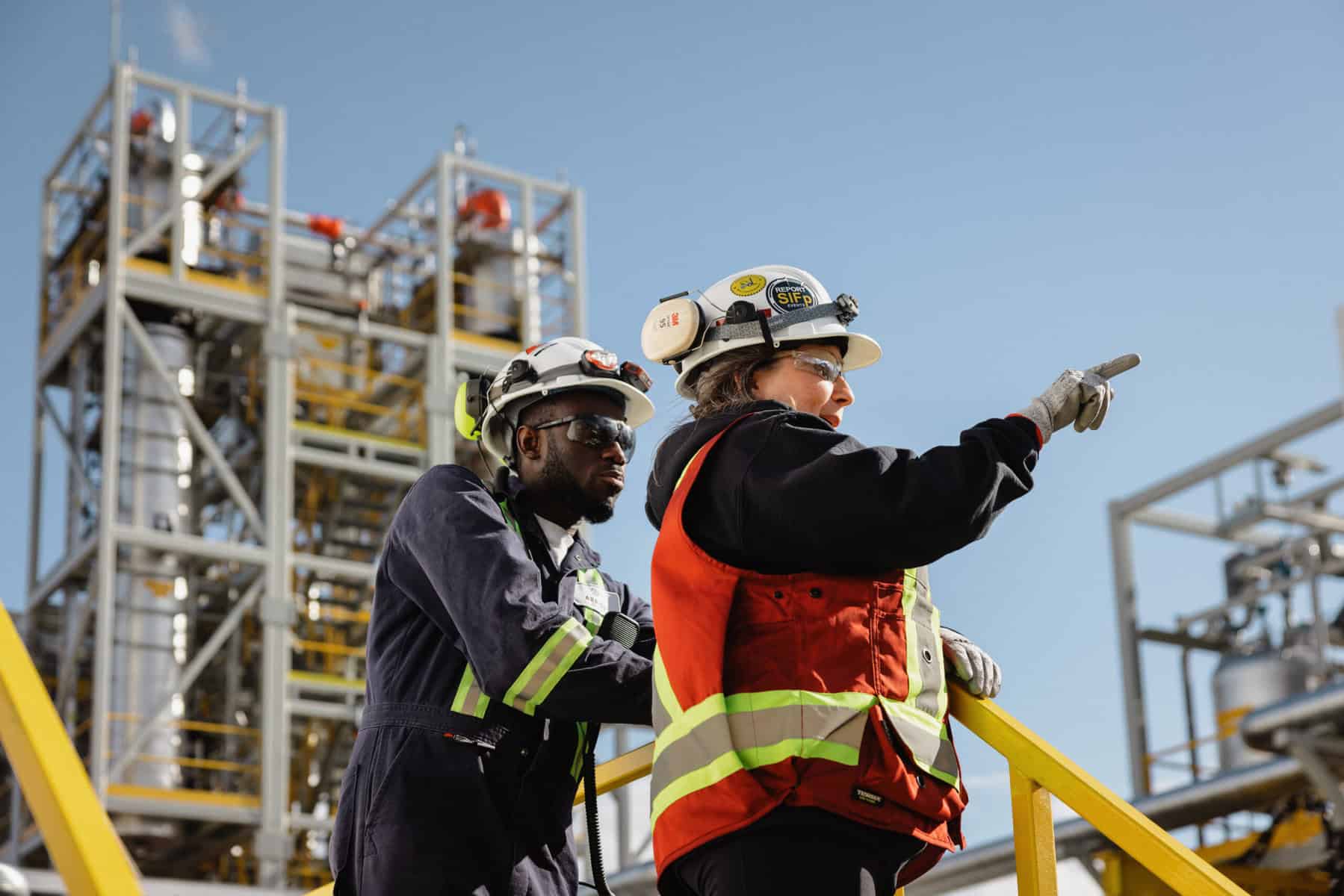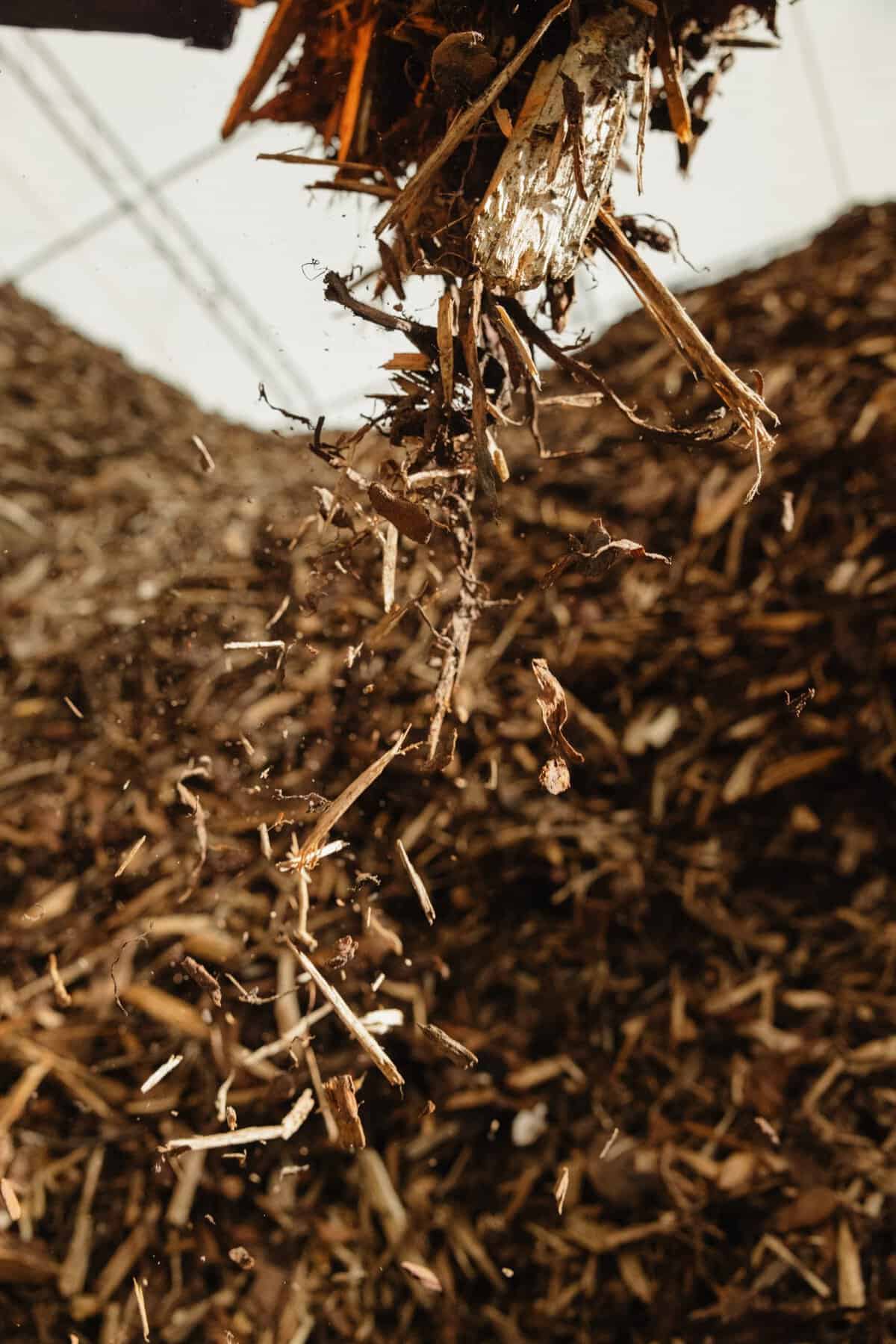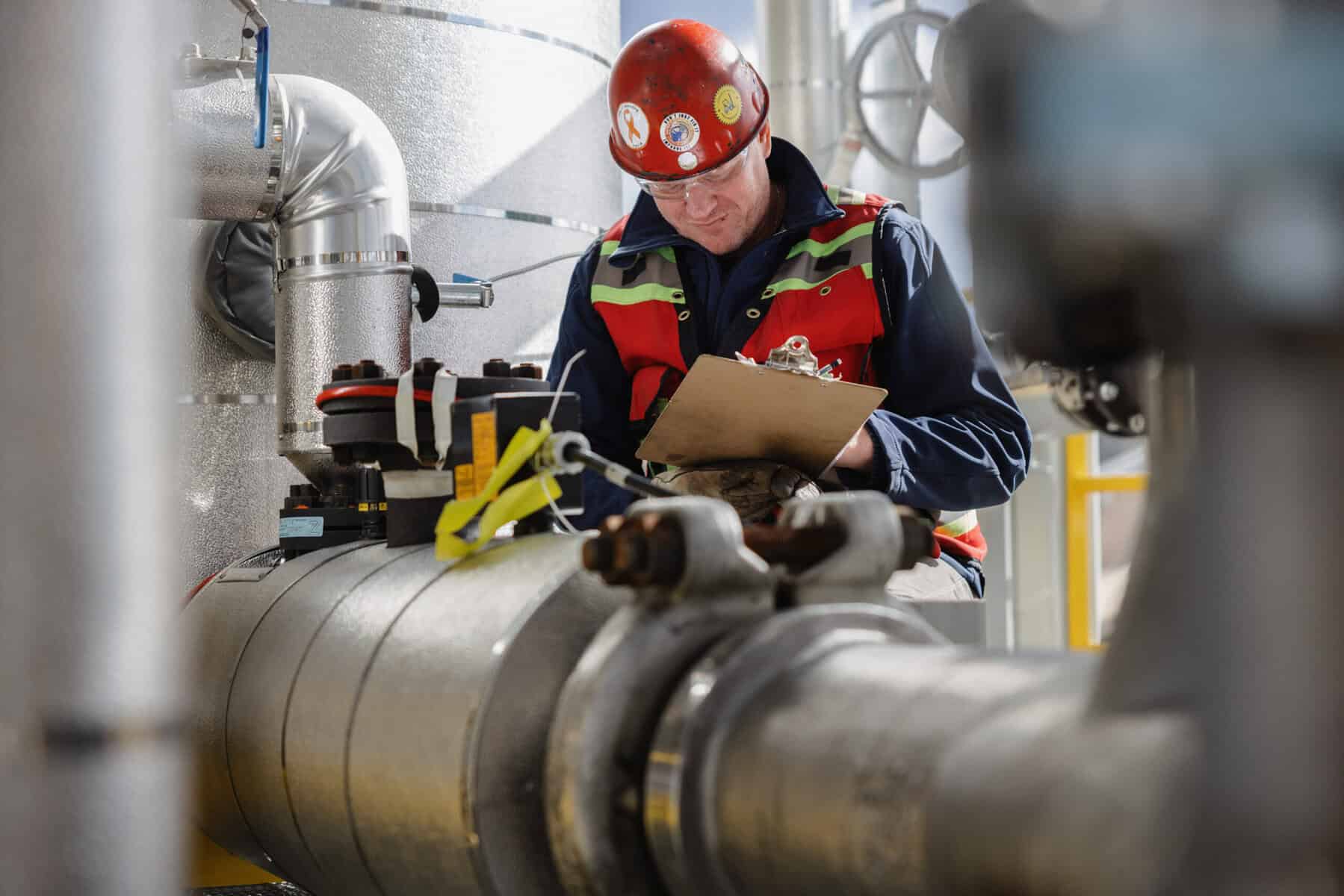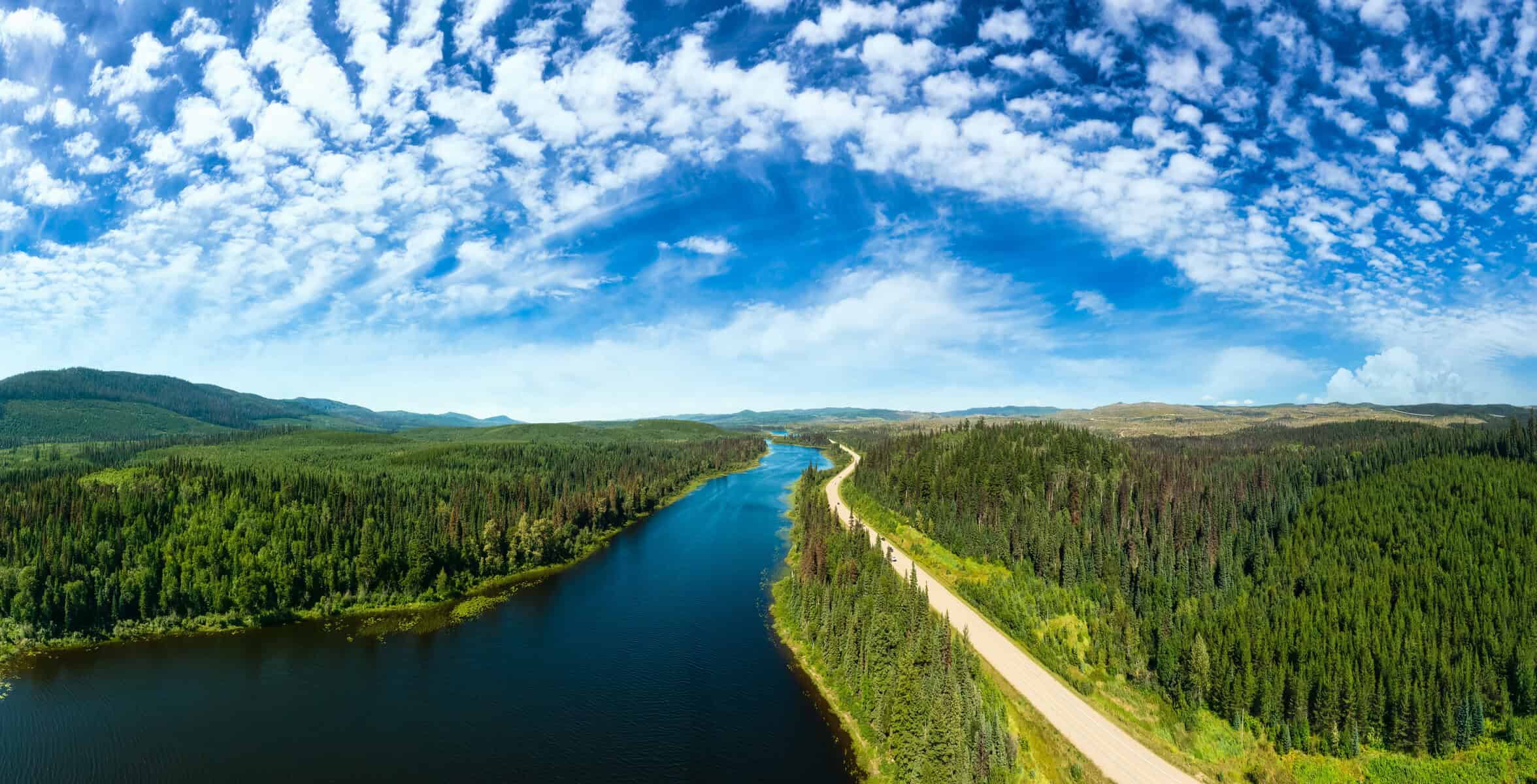Tackling global challenges with local solutions
In a world facing the pressing challenges of climate change and resource scarcity, renewable fuels are more crucial than ever. We’re taking action in our contribution to a cleaner low-carbon future for our planet.
We advance global sustainability by aligning our actions with UN SDG targets, creating meaningful progress toward worldwide development goals.

Affordable & clean energy
We provide renewable biofuels, transitioning hard-to-abate transportation sectors to a low-carbon future. Our solutions ensure affordable, reliable, and sustainable resource access for all.

Decent work & economic growth
We foster inclusive economic growth by creating productive employment opportunities. Our operations promote decent work and contribute to sustainable development in our communities.
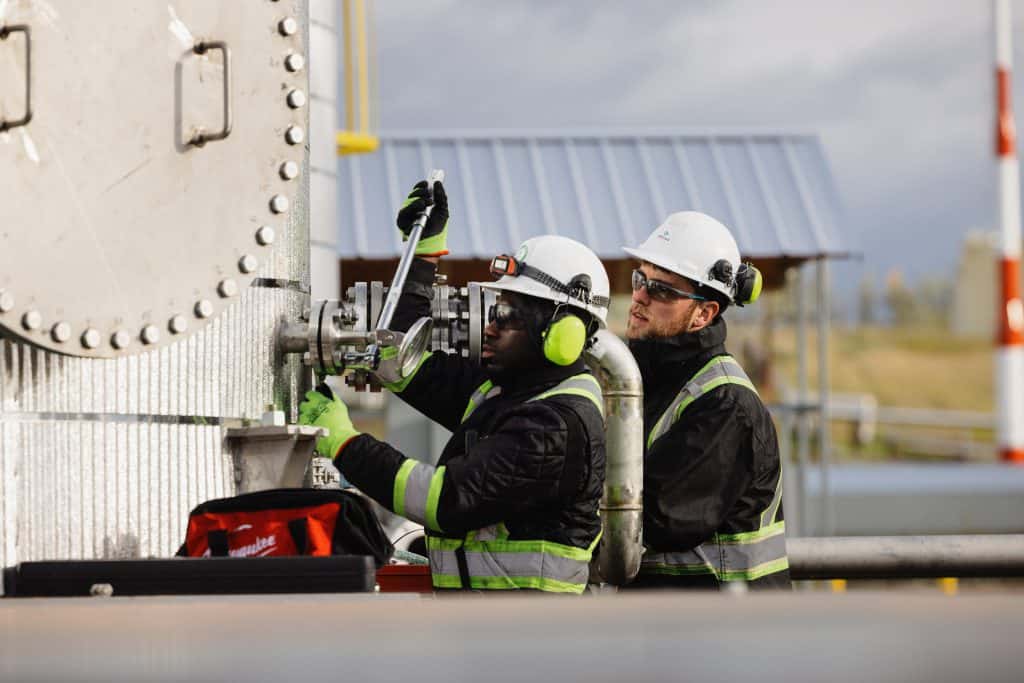
Industry, innovation & infrastructure
We’re building the world’s largest HTL facility, Chuntoh Ghuna. We demonstrate that innovative, low-carbon alternatives are possible, and foster resilient infrastructure.
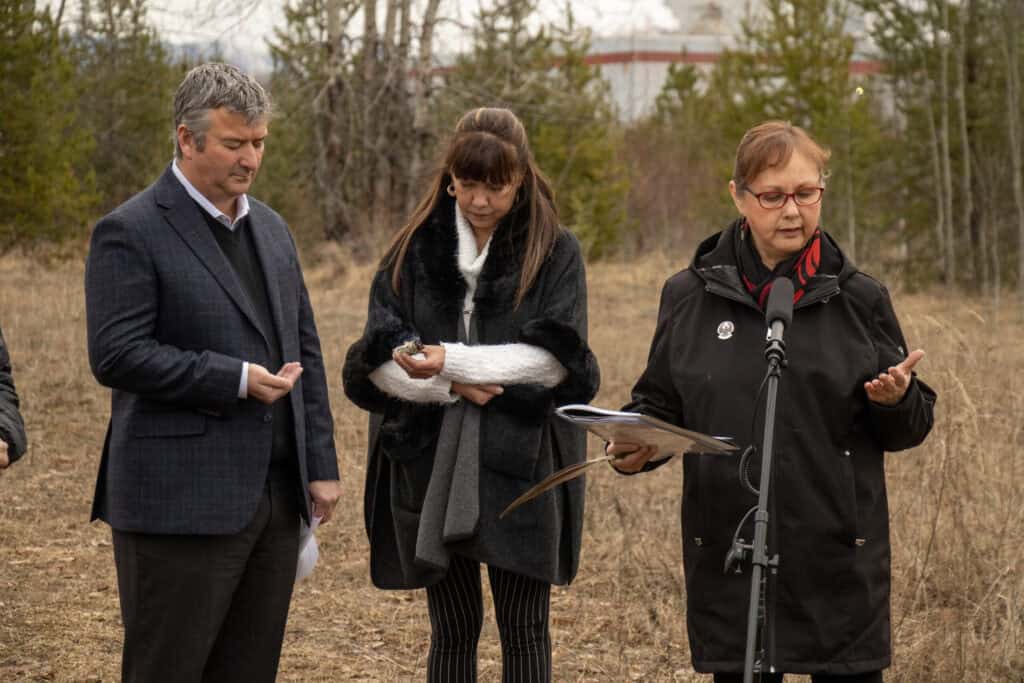
Reduced inequalities
We value diversity in our team and humbly work alongside Indigenous communities. Our partnerships reduce inequalities and promote inclusive growth.

Sustainable cities & communities
We implement circular economy solutions in our operations and products. Our renewable bio-oil helps replace fossil fuels in many sectors.
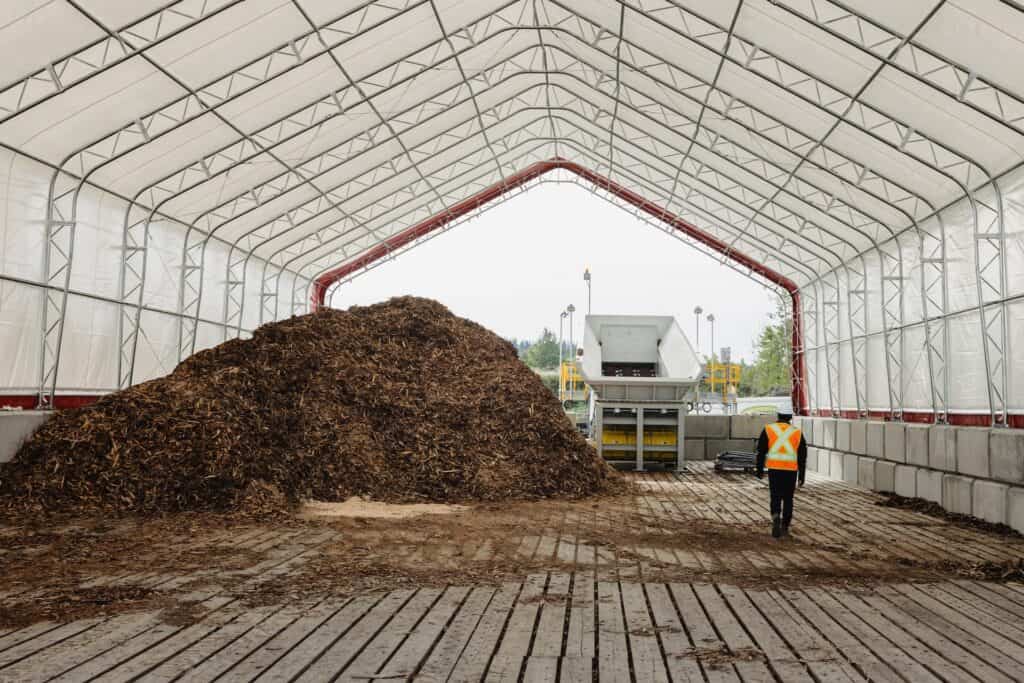
Responsible consumption & production
We turn underutilized forest residues into sustainable solutions that help reduce transportation sector carbon emissions, following responsible production practices.

Climate action
We’re taking urgent action against climate change impacts by producing the intermediate for the production of low carbon renewable biofuels.

Life on land
We plan to utilize underutilized forest residues like slash and thinnings to help protect against wildfires. Working with the Lheidli T’enneh Nation, we source residues from sustainably managed forests. Before construction, we conducted a joint environmental due diligence to protect the Nation’s values and our shared environmental priorities.
Transformative energy solutions: The bio-resource advantage
Beyond net zero
Our HTL bio-oil intermediate demonstrates how circular economy principles can surpass traditional sustainability goals. By offering a renewable alternative to crude oil, we’re creating cascading environmental benefits through resource regeneration and circular processing.
| Comparative aspect | Traditional fossil fuels | Renewable HTL bio-oil |
|---|---|---|
| Source | Non-renewable, finite | Renewable biomass |
| Sustainability | Unsustainable extraction | Part of the circular economy |
| Carbon footprint | High carbon emissions | More carbon-neutral |
| Environmental Impact | Higher impact from extraction | Lower impact from production |
| Production time | Millions of years | Hours to days |
| Renewability | Non-renewable | Renewable |
| Market potential | Established but declining over environmental concerns | Growing market for sustainable alternatives |
| Energy density | Higher | Generally lower, but for improving with tech |
| Consistancy | More consistent | Variable depending on feedstock |
| Compatibility with existing infrastructure | Fully compatible | Mixable with traditional fuels, supporting gradual transition |
A win for safety, economy, and environment
Economic revitalization
Our process creates value from under-utilized resources, generating new revenue streams for forestry and agriculture. This boosts local economies, creates jobs, and fosters sustainable industries in rural and urban areas alike.
Environmental conservation
By repurposing waste materials, we significantly reduce methane emissions from landfills and CO2 from open burning. Our technology helps preserve natural habitats by minimizing the need for new resource extraction.
Circular economy promotion
We close the loop on waste, transforming discarded materials from renewable resources into valuable energy resources. This circular approach reduces dependency on virgin materials, promotes renewable resource efficiency, and supports sustainable consumption patterns.
Fire prevention and forest management
Converting unusable forest residues into bio-oil reduces the combustible materials on the forest floor, mitigating wildfire risks. Our process supports active forest management, promoting healthier ecosystems.
Have a question or want to share your opinion?
We value your voice. Share your questions and concerns with us to help shape our community’s future. Your input matters in our commitment to transparency.
